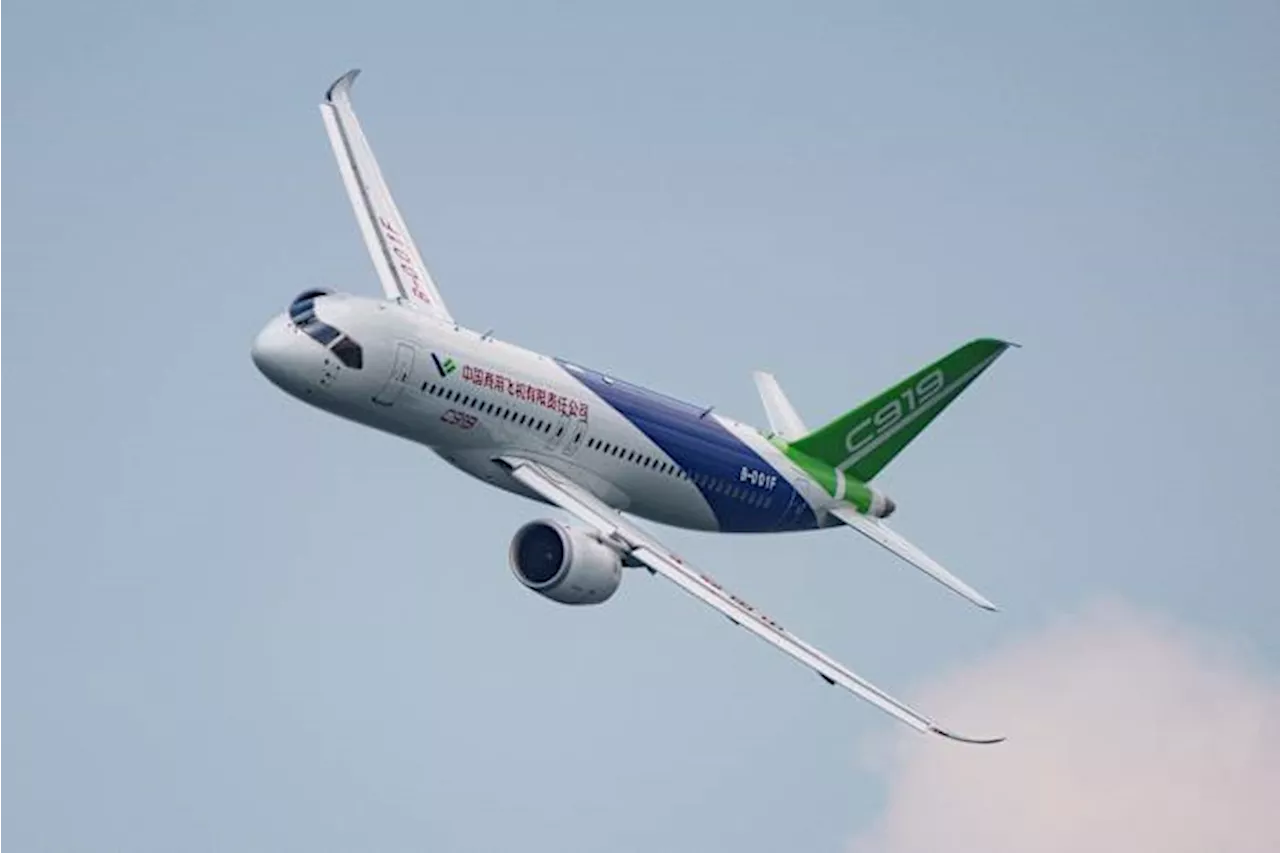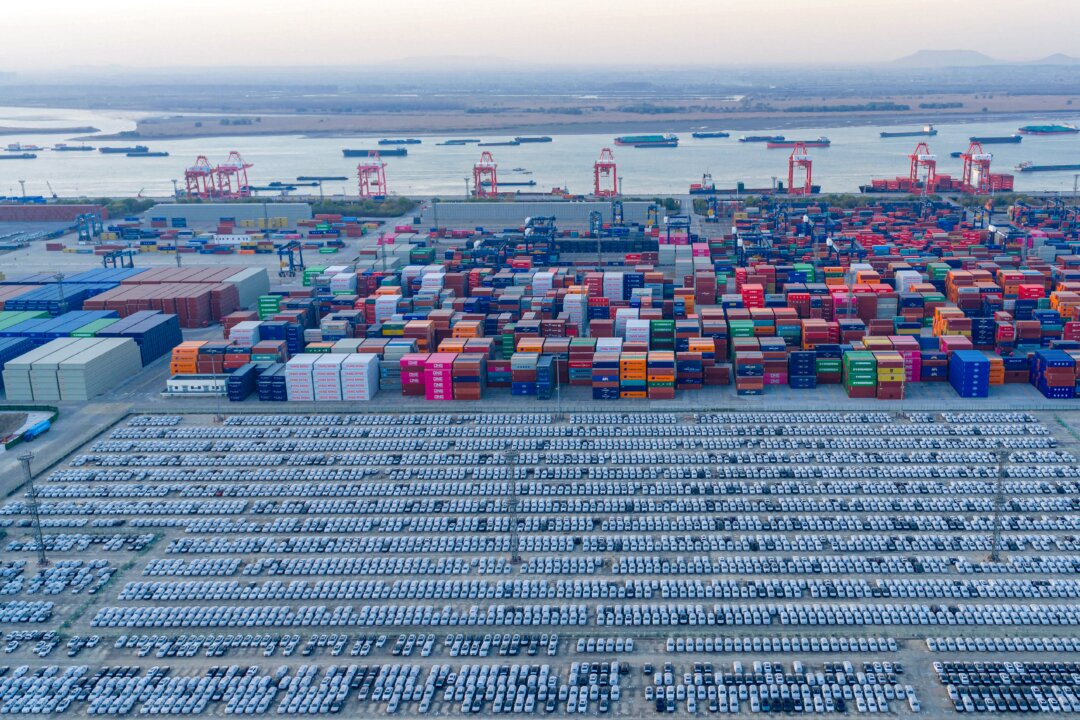China and the Association of Southeast Asian Nations (ASEAN) have signed an upgraded free trade agreement, known as ACFTA 3.0, aimed at enhancing economic cooperation and countering rising protectionist policies globally. The agreement was formalized on March 5, 2024, during a summit in Kuala Lumpur, Malaysia, attended by key leaders from the region.
The new provisions included in ACFTA 3.0 emphasize collaboration on green energy initiatives and the establishment of regulatory standards for electric vehicles (EVs). Chinese Premier Li Qiang underscored the significance of this agreement, stating it would foster “enhanced bilateral economic and trade cooperation” for the 11 ASEAN nations at a time when many countries face “greater development challenges” due to high tariffs imposed by external forces.
The Chinese Ministry of Commerce characterized the signing as a timely response to increasing challenges to the rules-based international trading system. It indicated that the upgraded agreement would “inject greater confidence and momentum into regional and global economic growth.” The ministry also noted how the pact serves as an important example for countries to resist protectionism and unilateralism collectively.
This agreement marks the third upgrade since the original China-ASEAN Free Trade Agreement was enacted in 2002 and fully implemented in 2010. The trade volume between China and ASEAN nations has continued to grow, now encompassing over two billion residents across the member states.
While the upgraded agreement has been largely welcomed, it also raises concerns, particularly regarding China’s activities in the South China Sea. Ferdinand Marcos, Jr., President of the Philippines, expressed support for the pact but emphasized that China must commit to “meaningful engagement” in the region. Marcos highlighted ongoing tensions, citing recent incidents involving Chinese vessels and Philippine fishing boats, which have escalated maritime disputes.
In contrast, Anwar Ibrahim, the Malaysian Prime Minister, expressed optimism about the dual engagements with both the United States and China, reflecting ASEAN’s central role in fostering regional trust and cooperation. He welcomed the collaborative spirit demonstrated during the summit, which included discussions with both Donald Trump and Li Qiang.
Despite the positive developments in trade, concerns linger regarding China’s territorial claims and actions in the South China Sea. Marcos criticized China’s seizure of territory, labeling recent activities as “dangerous,” and underscored that such actions defy international law and infringe upon Philippine sovereignty. He specifically mentioned China’s announcement of a “nature preserve” in areas claimed by the Philippines, illustrating the complexities of regional geopolitics.
The upgraded ACFTA 3.0 agreement is positioned as a strategic move for China to enhance its influence in Southeast Asia, especially in light of the economic challenges posed by U.S. tariffs. As ASEAN nations navigate these dynamics, the implications of this trade pact will be closely observed in both regional and global contexts.







